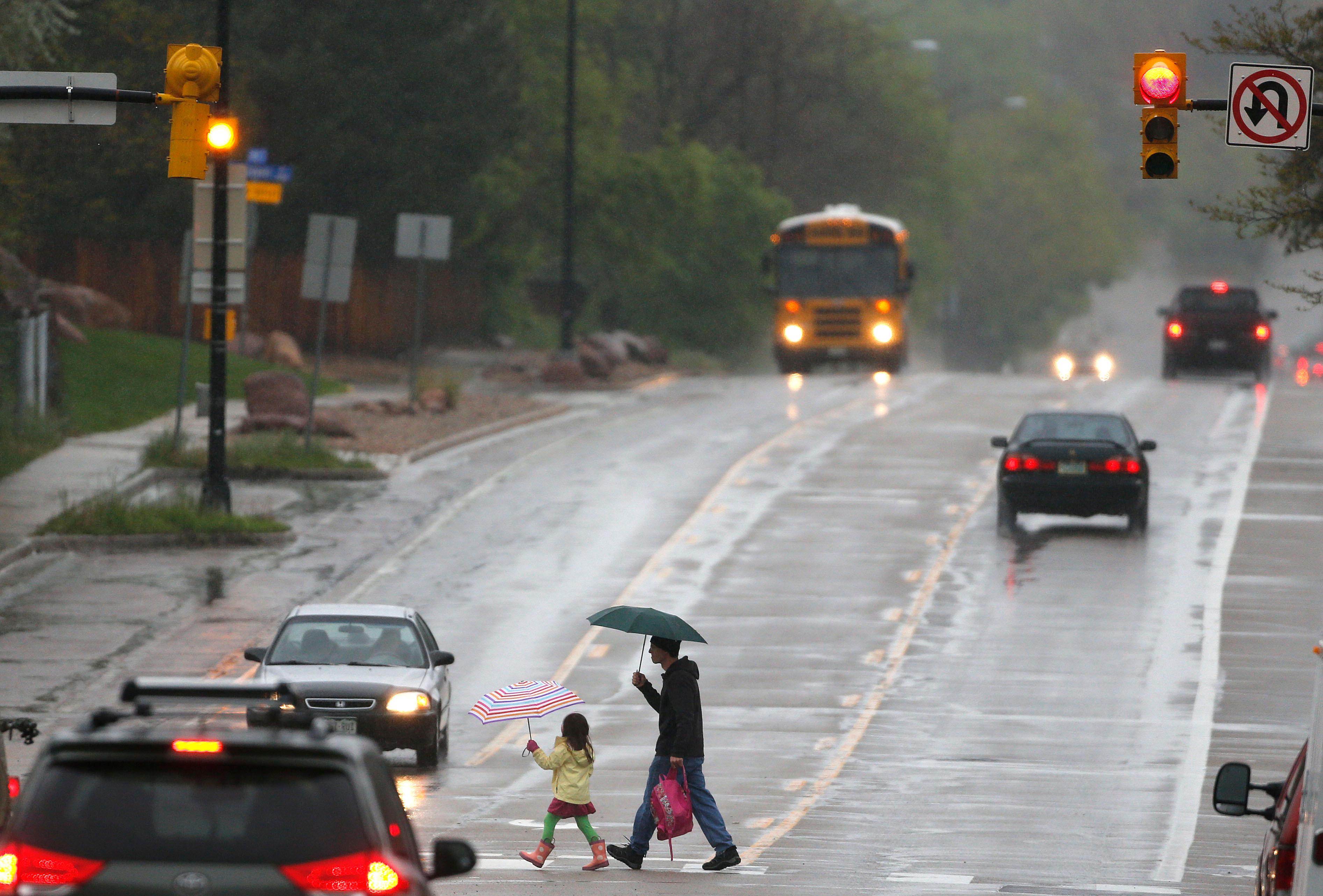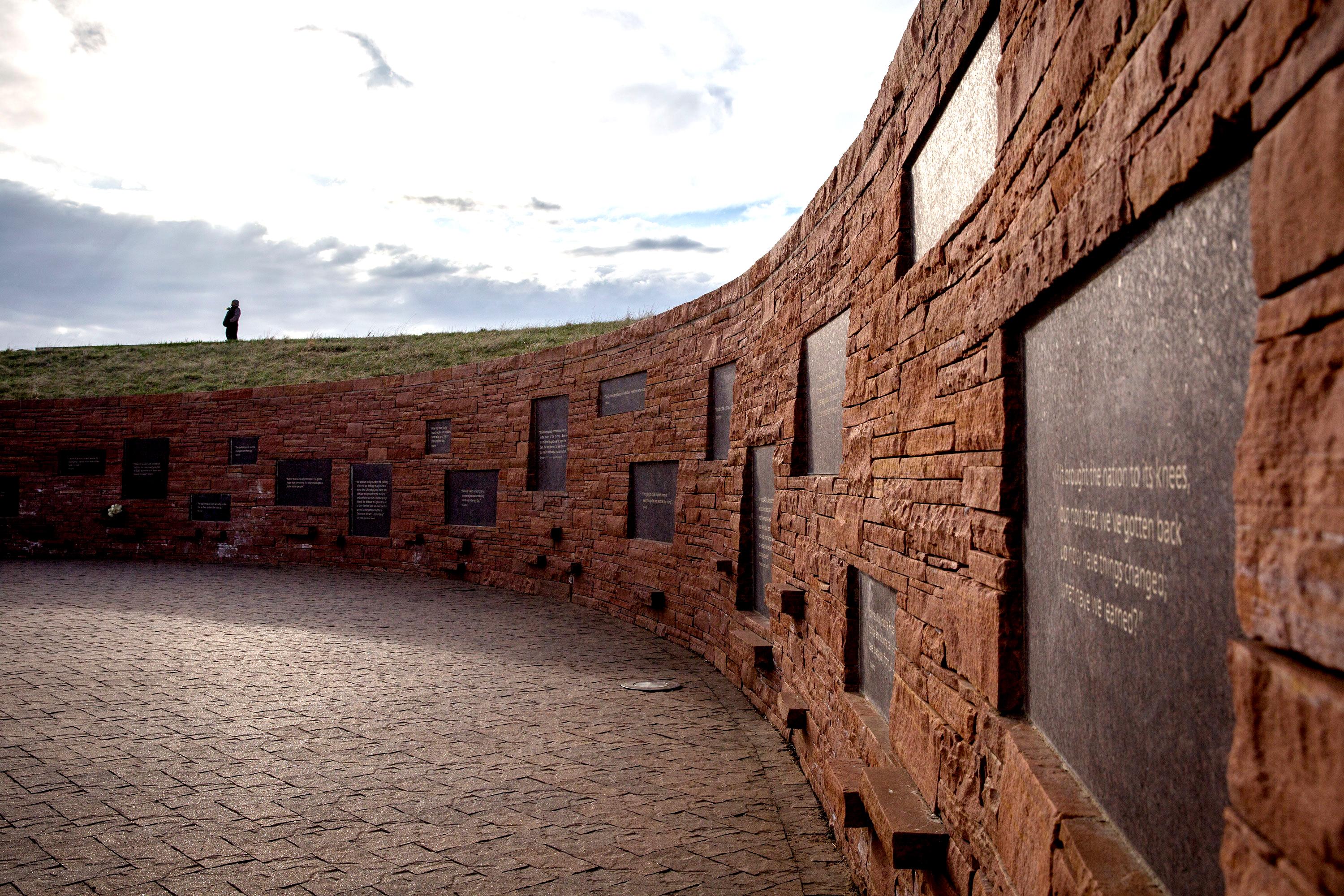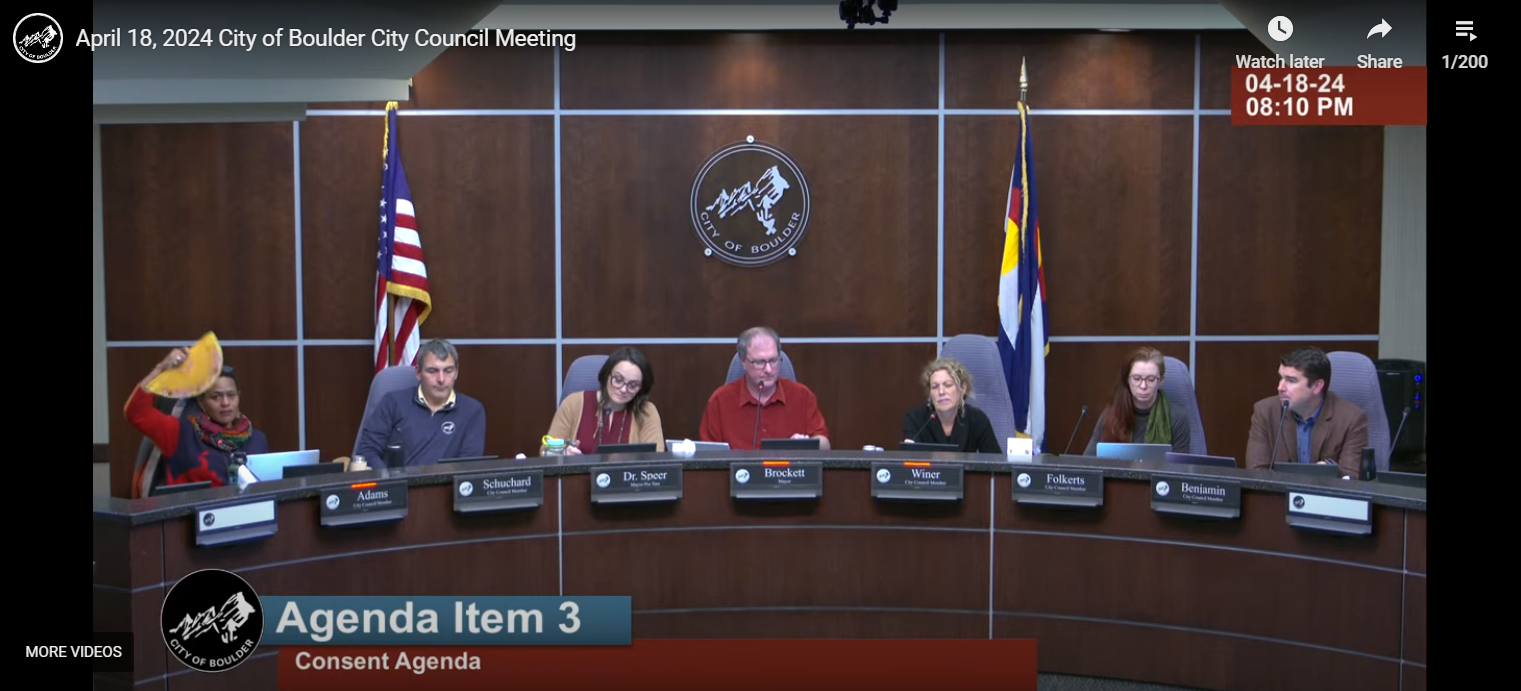

In 1987 I had two best friends, both named Julie. They were new acquaintances who had no connection to my past or my family or to each other, only to me. I’ve been thinking about them during these early spring days when the snow is falling and a particular kind of quiet loneliness envelops the house. Remembering the two Julies makes me think about friendship and what it means at different stages of life. I remember them with the gratitude of a lost traveler coming across a friendly local who’s happy to give directions. I remember them the way a tree’s roots remember water.
That year I had three little boys, all toddlers, an adolescent daughter, and a largely absent husband who worked 90 hours a week at a Very Important Job. I spent my days in our 1920s vintage Nashville house feeding people and cleaning up messes, washing clothes and listening to the skittering of squirrels in the attic, reading storybooks endlessly and yearning toward naptime. Going anywhere was a major enterprise that involved three car seats, strollers, baby carriers and diaper bags, not to mention acute coordination and presence of mind.
I frequented a pancake joint in the shopping village near our house because the waitresses there loved my boys and, by default, loved me. It was there I met the first Julie — muscle-bound and statuesque in short-short cutoffs, an impish face with a thick shock of fuchsia-colored hair, pulling a red wagon with two adorable strawberry blonde kids, Alexandra and Marlon, in tow. She spoke with the accent of a north woods Canadian, which she was —British Columbia, where she’d worked last as a ship builder before moving to Nashville with her husband Dave to pick up construction work in the housing boom.
We became fast friends, exchanging childcare for time to work or escape, sharing meals, clothes and adventures in the city with our pack of kids. Our lives couldn’t have been more alike or more different. I lived 60 miles from where I was born, had a loving extended family, a nice house and the built-in respectability that came from being the wife of a man with a Very Important Job. Julie was orphaned, lived in a broken-down house she’d been loaned to live in while rebuilding it from the foundation up, and was constantly on guard against the unpredictability of her life. She had stamina and skills that amazed me. Marlon and Alexandra often came over to my house when she was doing demolition on hers — knocking down walls or pulling up floorboards. On quiet afternoons when the weather was bad, she came over to my house and cut everyone’s hair. In another life, she’d been a licensed hair stylist, but here she could only sweep the floor of a friend’s parlor because she didn’t have a Green Card.
The other Julie lived two doors down in a tiny, cramped attic apartment. She was brainy and single, disinclined to give a hoot about how she or anyone else looked. She dressed in baggy T-shirts and Birkenstocks and wire-rimmed glasses and worked as a secretary at the ACLU. We met over the rock-infested flowerbeds we both tried to cultivate in our sloping back yards. She was patient and kind with my flock of little boys in the manner that non-parents can be: she spoke to them intelligently, not in baby talk. If they bugged her, she let them know that she preferred speaking to their mother and waved them off to the sandbox.
We shared seeds and plant stock and a wheelbarrow and garden tools, and every Tuesday night, no matter what, I got the kids to bed early so I could sit in front of her tiny television in her tiny apartment, drinking beer and watching Thirtysomething with her, the new hit TV show that was ostensibly about people like us. We hooted at Michael and Hope and their inability to cope with one well-behaved baby, Janie. We lusted after Melissa’s job and cursed Eliot for being such a louse. I can easily recall the comfort of walking home in the dark from Julie’s place to my quiet house.
Neither Julie remained in my life. I lost them after I left Nashville for Colorado and Julie went back to Canada and the other Julie stayed behind, and we all lived lives we’d never dreamed of. But I remember those friendships like no others. They were lifelines attached to rafts, bouncing in the choppy waters beyond the sure certainty of home.
Kathryn Eastburn is the author of A Sacred Feast: Reflections of Sacred Harp Singing and Dinner on the Ground, and Simon Says: A True Story of Boys, Guns and Murder in the Rocky Mountain West. You can comment and read or listen to this column again at The Big Something at KRCC.org. “The Middle Distance” is published every Friday on The Big Something and airs each Saturday at 1 p.m. right after This American Life.









